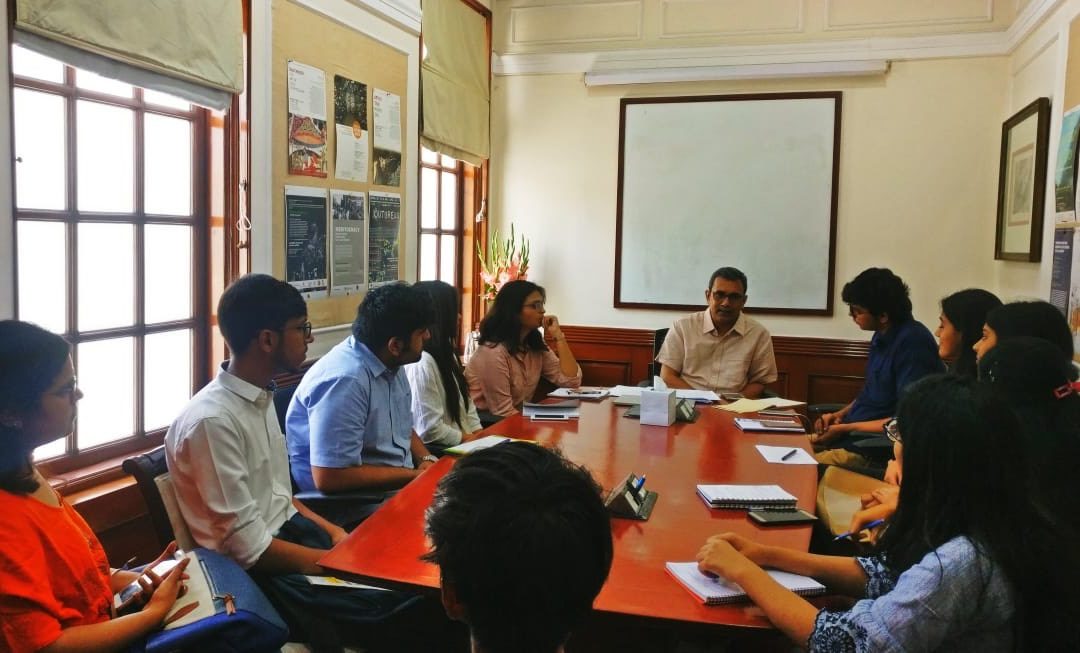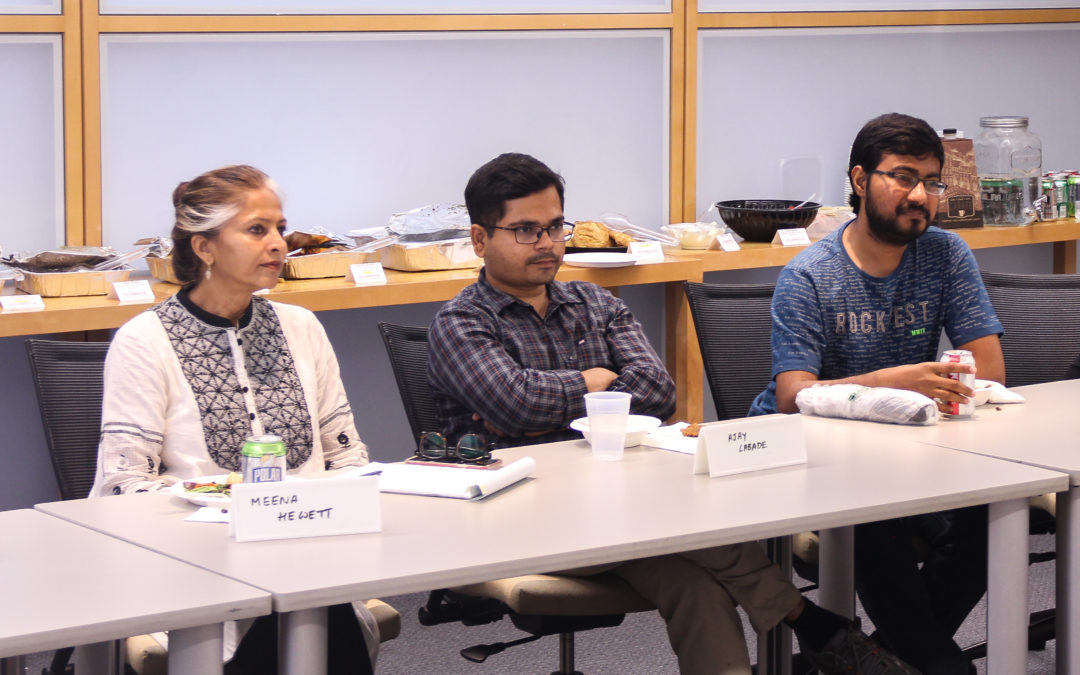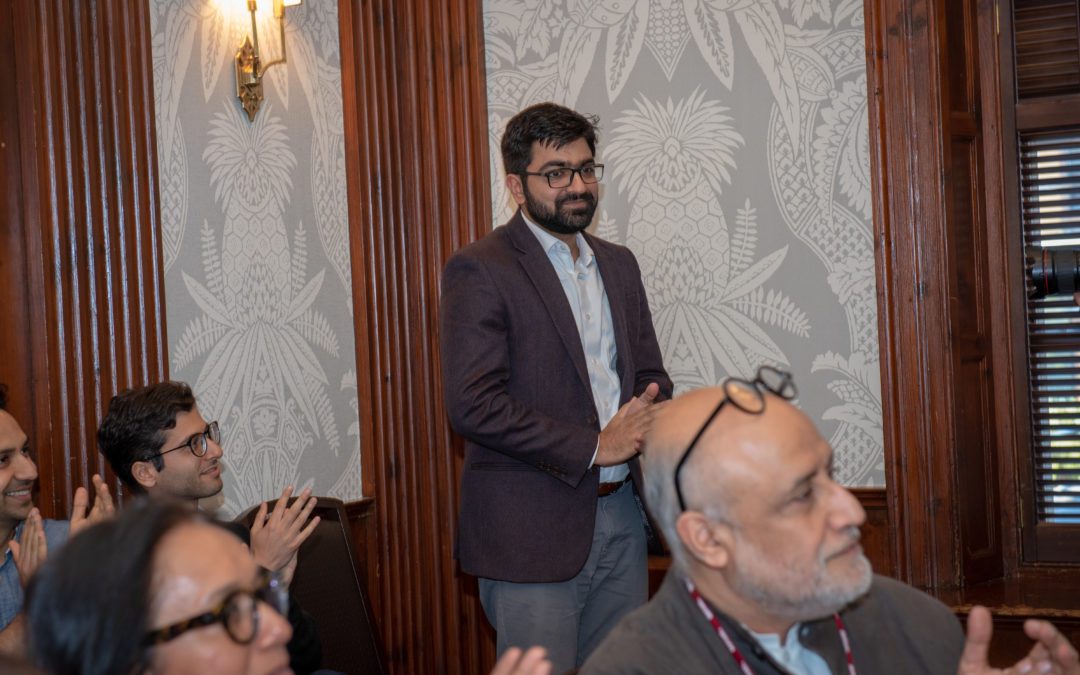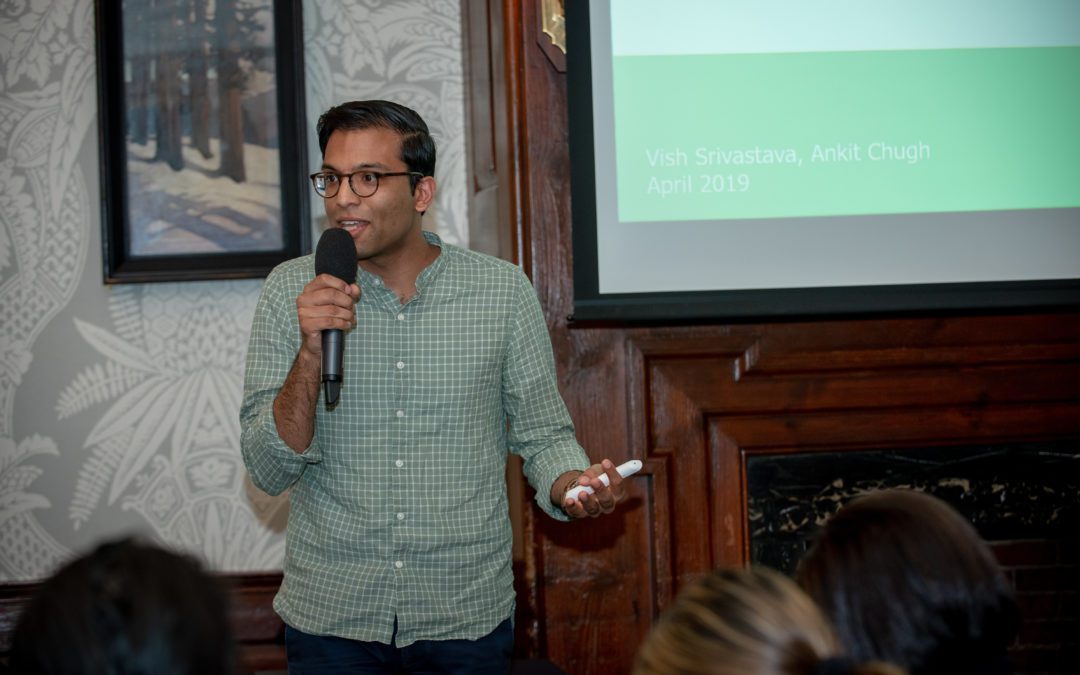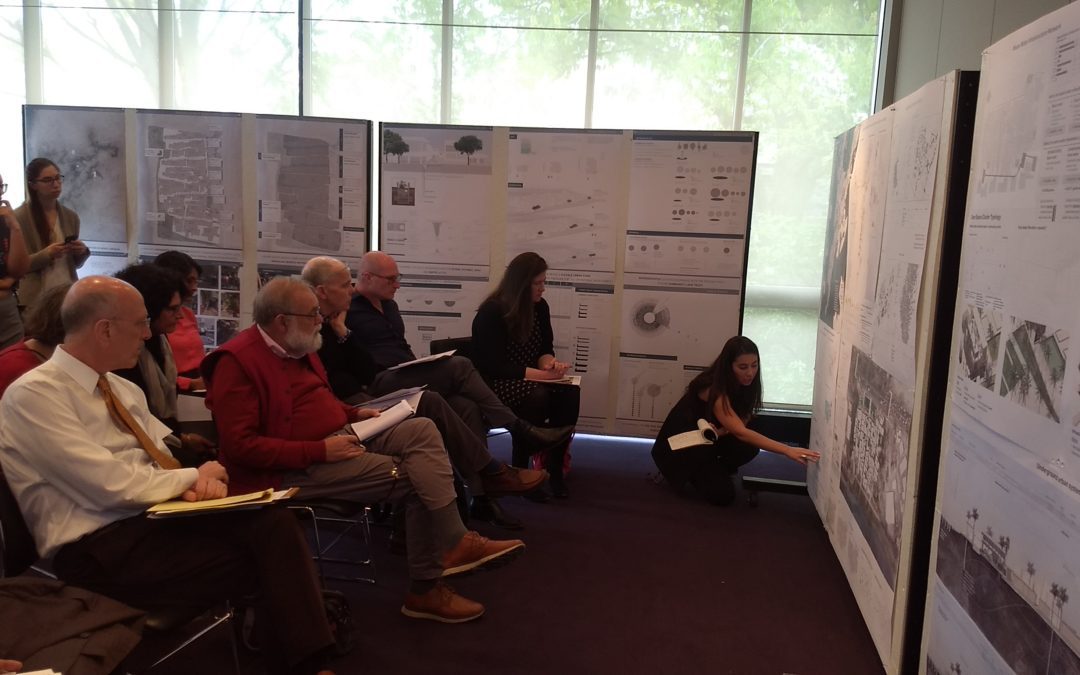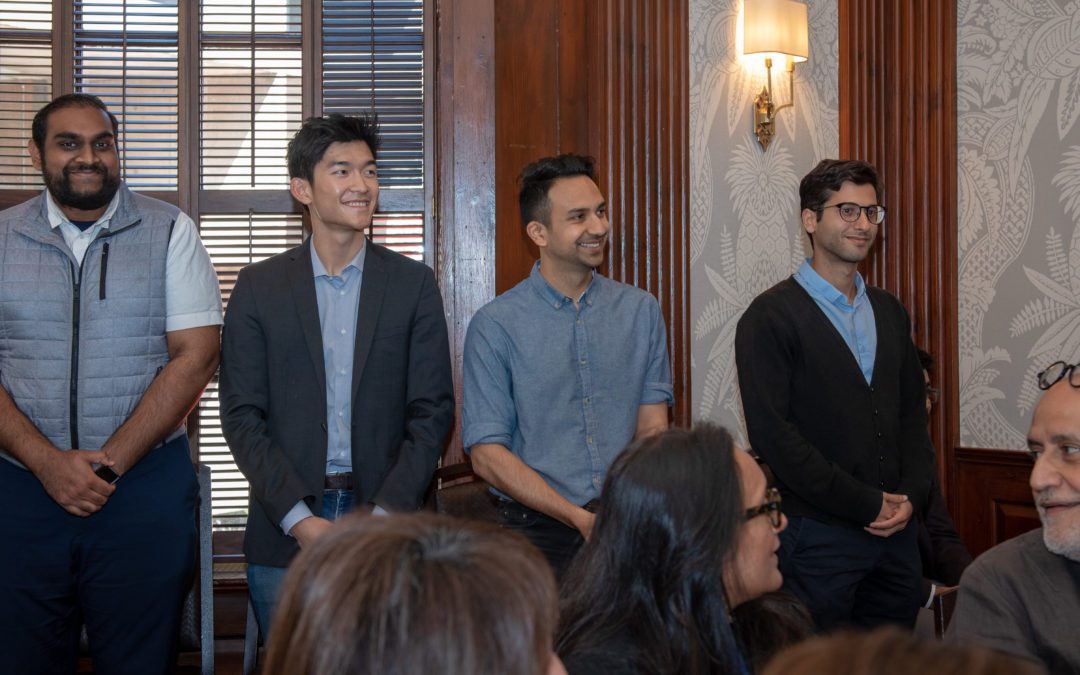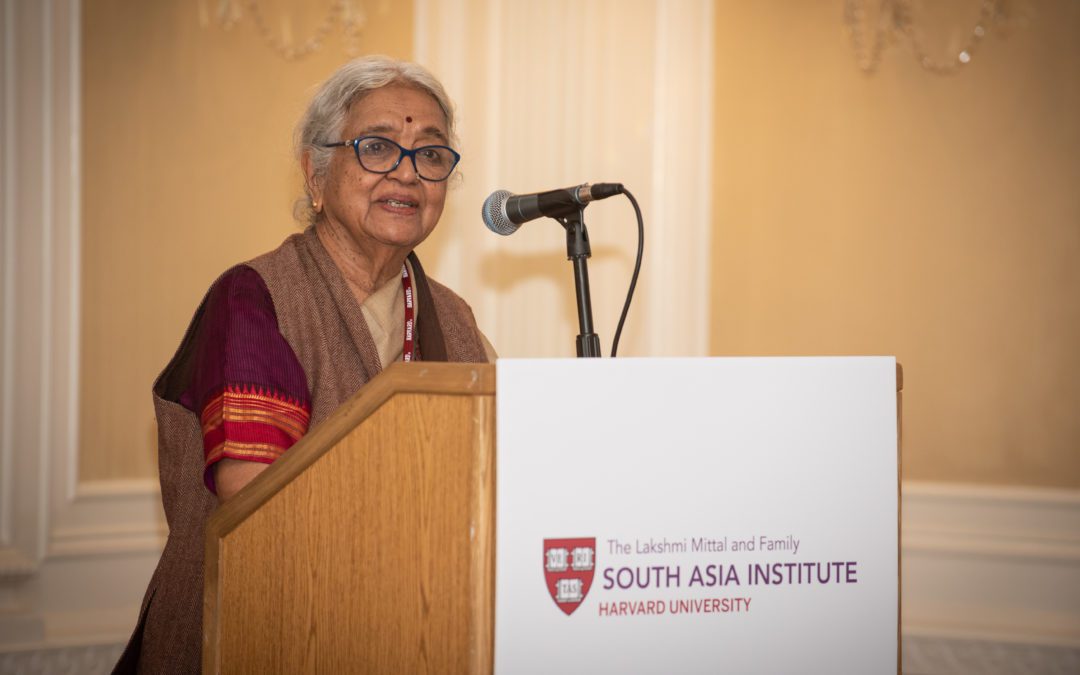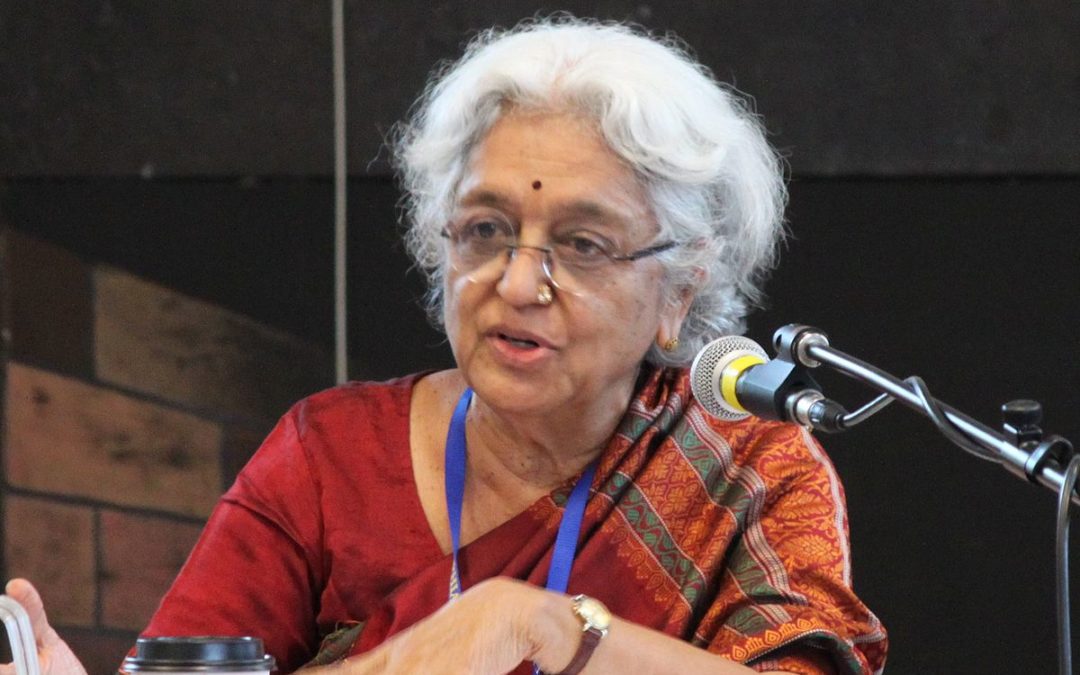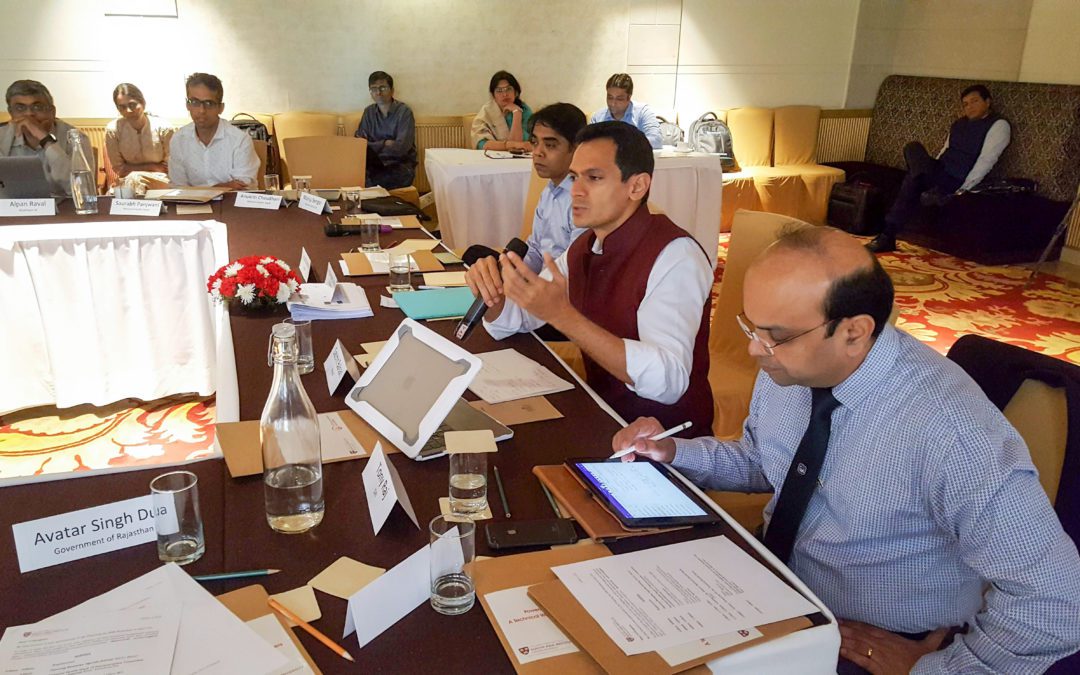India Prepares to Expand Its Major Health Digitization Program
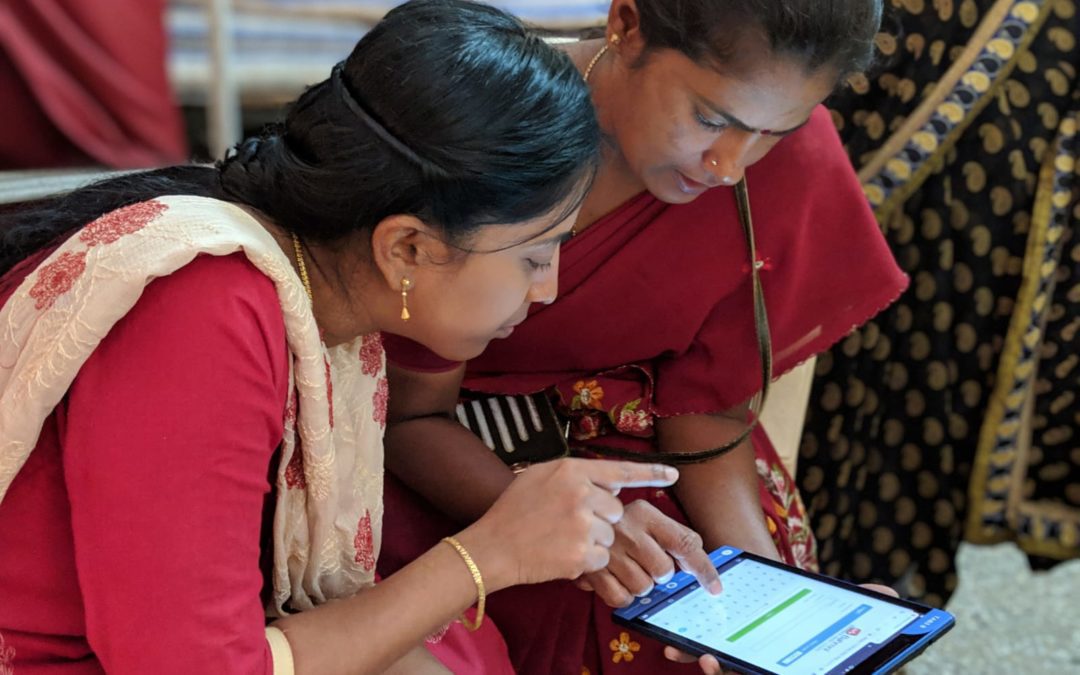
India’s National Digital Health Blueprint (NDHB) illustrates yet another example of the Government of India moving forward with a major health digitization program that will affect millions of citizens. However, data researchers, academics, and activists have expressed some concerns about the development of this policy, bringing up fears of security breaches and privacy controls.

